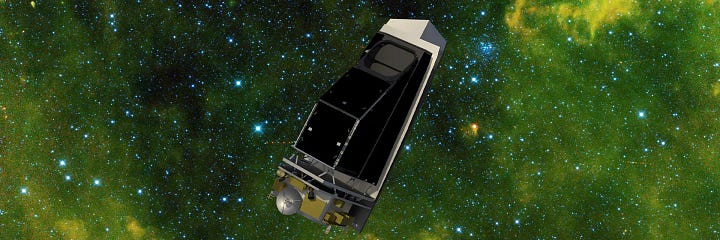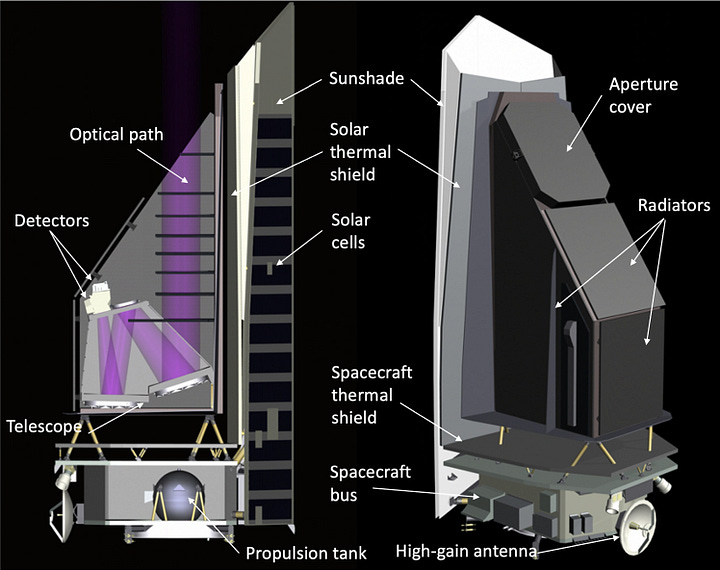It’s great (or not so great in the case of Armageddon) but the threat of a catastrophic asteroid/meteor impact, once considered a distant cosmic possibility, is actually a risk. Happily however progress and technology are on the side of humanity. Two new telescopes are poised to bring a new degree of skill in detecting space-based threats and to potentially deflect or redirect them.
Before that two things. A definition and a DART.
Asteroids are defined as celestial objects smaller than a planet, but in solar orbit like a planet. Meteors are often pieces that broke off from an asteroid, but are no longer in orbit and usually break up in a planet’s atmosphere. Meteorites (to be complete) are the pieces of a meteor that survive atmospheric entry. Comets… Well comets are ice and don’t really matter here.
Now, the DART mission. You might remember this. It was/is a successful demonstration of asteroid deflection. There’s a video below, but it acts as a proof-of-concept for future planetary defense strategies. By strategically colliding a spacecraft with an asteroid, scientists were able to alter its trajectory, proving that such a technique could be employed to protect Earth from a potential collision.
So, we have a feasible way of deflecting asteroids, this makes early detection paramount and this is where the upcoming NEO Surveyor comes into play.
NEO Surveyor, a space-based telescope equipped with infrared technology, will be able to detect heat signatures from asteroids, even those obscured by sunlight. This increased sensitivity will significantly enhance our ability to identify and track potentially dangerous asteroids.


Amy Mainzer, the survey director for NEO Surveyor, emphasized the mission's significance:
"NEO Surveyor is optimized to help us do one specific thing: enable humanity to find the most hazardous asteroids and comets far enough in advance so we can do something about them."
NEO Surveyor is scheduled to launch in 2026. Once operational and combined with the capabilities of DART, humanity is taking steps to safe-guard itself and its planet. This is good. Good for us. Good for our planet and good for future generations.




